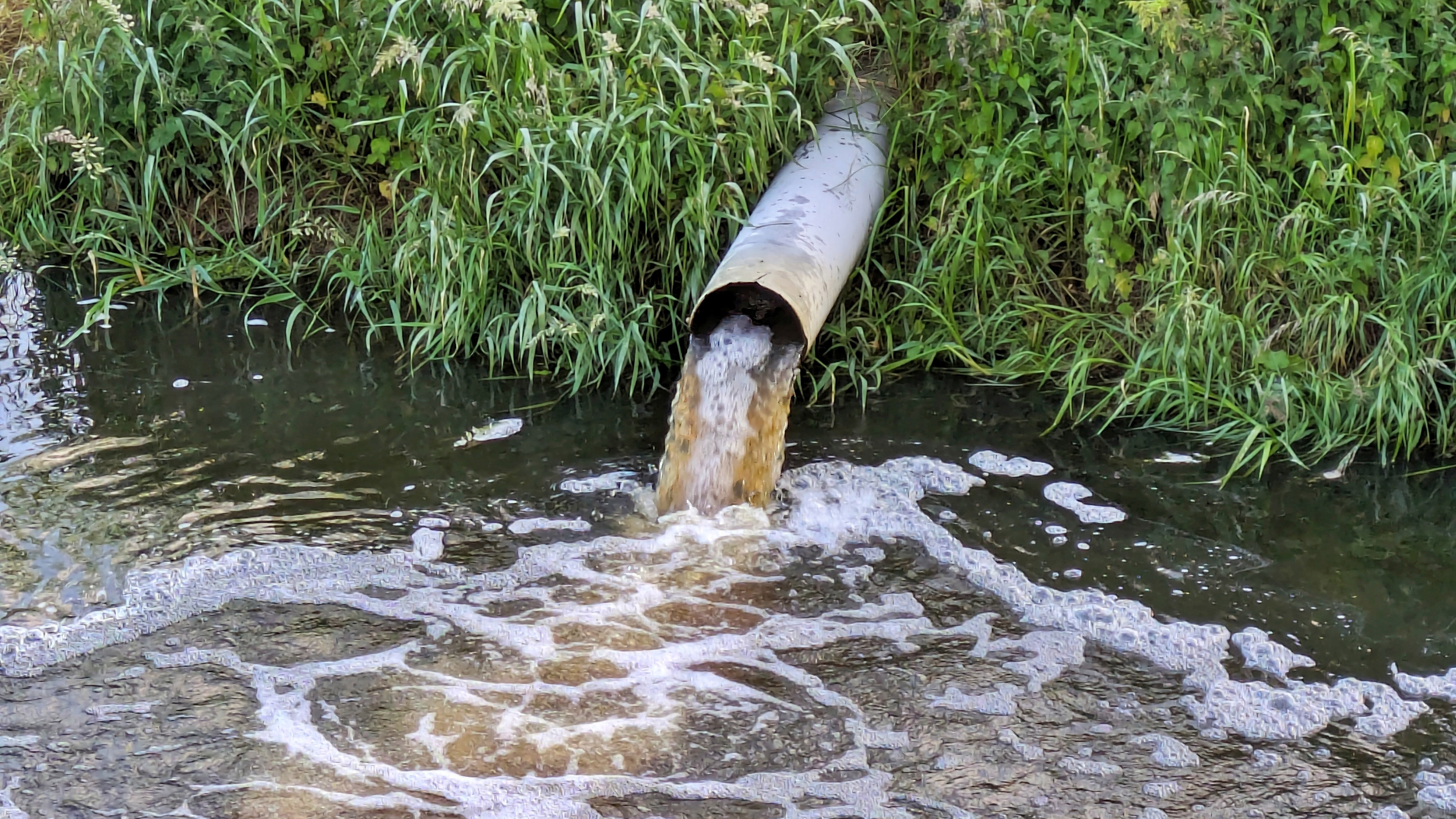
UK lawmakers have put new powers into place to ban water company bosses from getting huge bonuses with immediate effect.
The executives lead water companies across the UK that have breached their duty to effectively manage sewer pollution – much to the dismay of the general public and those who swim in the nation's rivers. Many will welcome the news, which comes after years of sharply rising pollution levels.
It follows the recent revelation that Thames Water, the UK's biggest water management company, has been handed a £123 million fine for breaching rules around its wastewater operations and paying out cash to investors while simultaneously failing customers.
Undeserved bonuses will now be banned
The new legislation, part of Labour's Water (Special Measures) Act 2025, enables regulator Ofwat to put a halt to bonuses for water executives if they fail to meet key environmental and financial performance indicators.
Water executives at the UK's nine main companies have been paid £112 million in bonuses over the last 10 years. At the same time, sewage pollution events have been increased to 2,487 last year alone, an unwanted record.
The government's Environment Secretary, Steve Reed, said: "Water company bosses, like anyone else, should only get bonuses if they’ve performed well – certainly not if they’ve failed to tackle water pollution."
The bonus bans come into immediate effect and apply to bosses at Thames Water, Yorkshire Water, Anglian Water, Wessex Water, United Utilities, and Southern Water.
Music to a wild swimmer's ears

Wild swimmers and environmentalists have been campaigning for better water quality in the UK's rivers for many years and both groups will welcome the legislation. Last year, Charles Watson of River Action was blunt in his assessment of the situation, telling lawmakers that: '"I am not exaggerating when I say someone is going to die".
Sewage levels in both Britain's rivers and surrounding seas have been stopping passionate wild swimmers from getting in the water in recent years, as reported by the BBC.
Last month the boss of Thames Water, Chris Weston, told Government ministers that the survival of the company depended on Ofwat being lenient over penalties. However, critics blame excessive payouts to executives and shareholders, rather than investment in improving infrastructure, for the company's financial troubles.
Less than two weeks ago, Thames Water bosses admitted they planned to use part of a £3 billion bailout loan to pay huge bonuses to top executives. The company has since said that the payouts have been "paused" but had not clarified whether any bonus payments had already been made. However, under the new law it appears that they cannot go ahead wither way.
Mark Lloyd, CEO, The Rivers Trust, said: "It’s great to see the environment being valued as it should be, and that the personal responsibility of water industry leaders in looking after the environment is being recognised.
"The measures announced today tackle the most serious pollution incidents, but we still need to be aware that the vast majority of pollution comes from smaller, more insidious events which, in combination, can cause far greater harm to our rivers."
To better, or at least monitor, the situation, it was announced in November 2024 that wild swimming spots could soon be tested for pollution all year round. Meanwhile, the UK-made Rave On For The Avon film recently championed community action on southwest England's River Avon, in which a wild swimmer marries the river.
If you're considering giving it ago, check out our editor's feature on 6 things she'd wished she'd known before starting wild swimming and get kitted out correctly with our guide to the best wild swimming gear.







